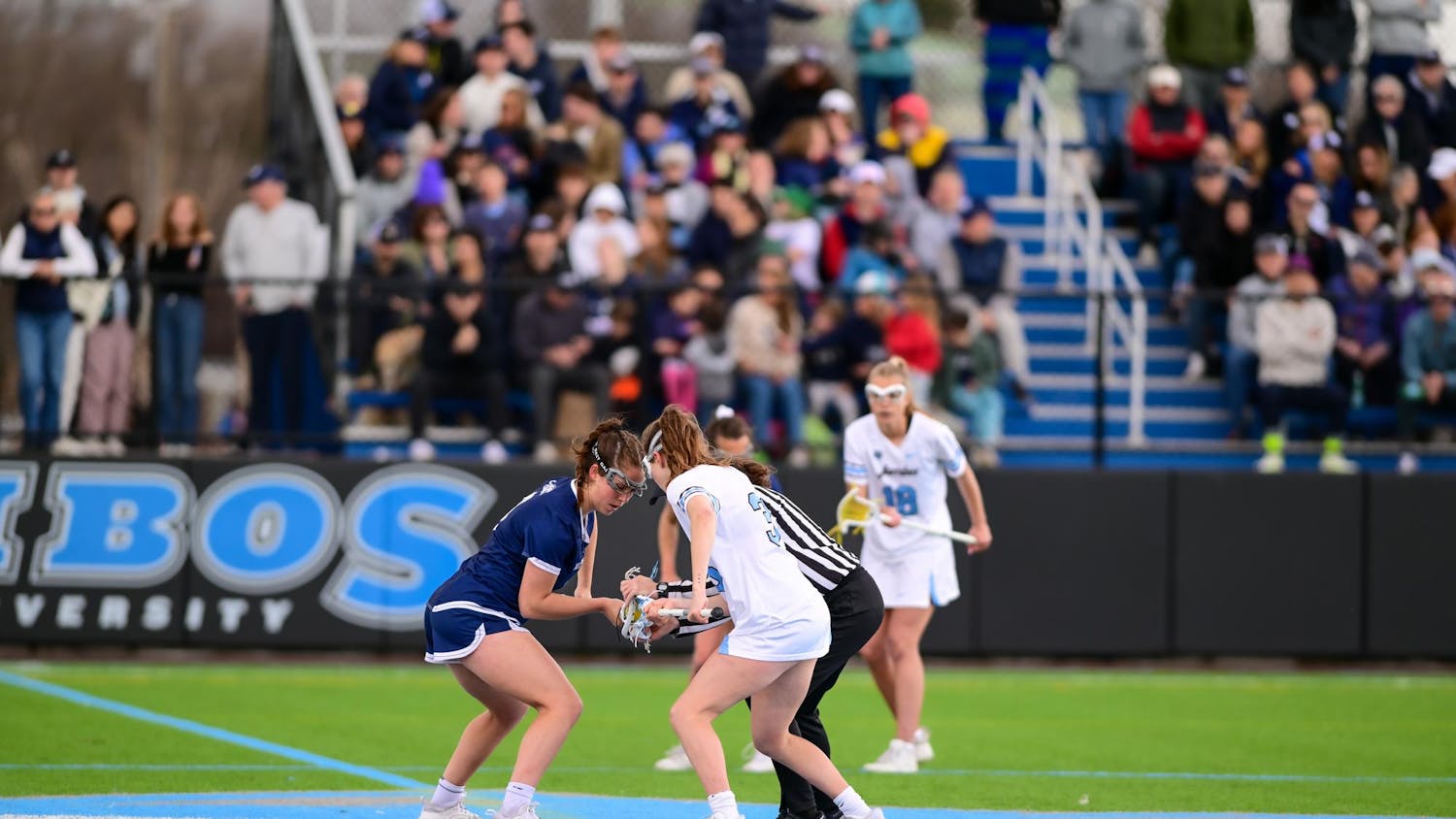A lot has been said about Nanis controversial red card in the 56th minute of Manchester Uniteds Champions League round of 16 match versus Real Madrid. Most agree it was the wrong call, since Nanis high boot into Alvaro Arbeloas chest was clearly a fair attempt at the ball and not an overly dangerous play.But no matter what fans, coaches, commentators or writers may want you to believe, officials never decide soccer matches. Surely they can influence outcomes, but at the end of the day, the players and coaches must take the majority of the responsibility. Once referee Cuneyt Cakir made the decision to show red, United manager Sir Alex Ferguson had two options.Up one goal, he could have made tactical or personnel changes to tighten up the midfield and defense, leaving Madrid with little room to operate and making an equalizing goal very difficult. He could have been the calming force, reminding his team that they were still winning despite the bad call.Instead, Ferguson decided to react with indignation and anger, erupting from the bench and screaming at the officials. It wasnt exactly the composed, directive force United needed at this turning point in the match. On the other end, Real Madrid manager Jos Mourinho reacted immediately to the situation, subbing on attack-minded midfielder Luka Modric for defender Arbeloa. While berating the officials and complaining to his assistants, Ferguson made three confounding tactical changes, bringing on attack-minded players Antonio Valencia, Wayne Rooney and Ashley Young nearly 20 minutes after losing Nani.After allowing only a powerful header to Cristiano Ronaldo in the first leg played away at the Bernebeau, and no goals in the first 65 minutes at Old Trafford, losing an offensive winger like Nani did not ruin the Manchester United defense. In fact, it is a common soccer cliche to say that being down against 10 men is more difficult than being down against 11 due to the more defensive style that the leading team has to play.Thus, when Michael Carrick overcommitted on Luka Modric, allowing him space to curl in a shot from 25 yards, it was not because Cakir made a poor decision to show a red card. Carrick simply demonstrated poor individual defending and Modric demonstrated every bit of his offensive quality. Three minutes later, poor defending doomed United again. Captain Nemanja Vidic failed to stop a cross from Gonzalo Higuain after allowing him space just outside the six-yard box. Brazilian right back Rafael, who was responsible for defending Ronaldo far-post, inexplicably lost sight of one of the top players in the world, allowing Real Madrids star to sneak behind the defense, and deflect the cross in for a goal. This three-minute stretch effectively ended the match, giving Real Madrid a berth into the quarterfinals. A day later, and given time to cool down, Ferguson had the following to say about the red card and his reaction.I was angry. Theres nothing wrong with losing your temper for the right reasons and those were the right reasons. I mirrored what every person in that ground felt. Knowing the damage it was going to do to my players, I think I did the right thing. In this respect, the manager is wrong. He did not do the right thing. He didnt need to feel sorry for himself and for his team. He needed to focus his teams energy into protecting a one-goal lead, which Ferguson, admittedly, completely failed to do.We lost our composure for that 10-minute period. We were all over the place. Indeed, the officials were not the reason Manchester United lost. Rather, poor defending and poor management were the primary causes.--JasonSchneidermanis a sophomore who is majoring in quantitative economics and computer science. He can be reached at Jason.Schneiderman@tufts.edu.
More from The Tufts Daily





